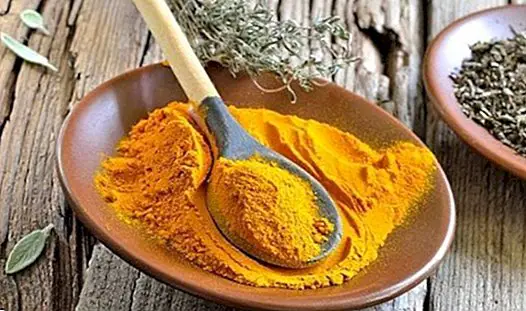Processed meats and red meat: carcinogenic foods according to WHO
As this weekend has been known from a news item made public by journalists of the Daily Mail, apparently World Health Organization will publish on Monday a report prepared by the International Agency for Research on Cancer (IARC) in which considers processed meat as a carcinogenic food, among which we can find sausages, bacon, ham, salami, chorizo…
This would mean that WHO would classify meat at the same level as tobacco, arsenic and asbestos. To give just one example, we must remember on this occasion that smoking is considered the main cause of cancer. According to the journalists, they apparently obtained the information through someone belonging to the World Health Organization itself, but at the moment experts from IARC have not wanted to confirm or deny the news.

We must remember that the National Cancer Institute has already carried out different scientific studies in which they concluded that the abuse of processed and red meats increased the risk of suffering from some heart disease or some type of cancer. Moreover, studies published in recent years already warned that the consumption of processed meat could increase the risk of cancer, cardiovascular and heart disease and macular degeneration.
Among the meat preparations that are in the spotlight we can mention the sausages, which have a higher content of cholesterol, fatty acids, compounds considered to be risky such as nitrites, and also a greater amount of salt in order to extend their useful life, in addition to burgers, bacon, sausages and sausages in general.
According to what has been known, the report will release a list of processed meats, in which it will be indicated that fresh red meat is considered as harmful to health, as is the case of roast lamb, pork chops or minced beef.
As stated by the Global Fund for Cancer Research, can reduce the risk of intestinal cancer if you avoid consuming more than half a kilo of red meat per week.
- UPDATE: WHO considers processed and red meat as highly carcinogenic
As the World Health Organization has finally published, Processed meat enters group 1 of carcinogenic substances, the same group in which we find other substances and compounds such as tobacco, alcohol, arsenic and asbestos.
On the other hand, has also considered red meat as a probably carcinogenic substance, which means that they fall into category 2A.
According to the recently published report, eating 50 grams of processed meat daily increases the risk of colorectal cancer by 18%. That is, although for a person in fact the risk of developing this type of cancer remains small by the consumption of processed meat, this risk increases with the amount of meat consumed.
In the note, they consider that 34,000 cancer deaths per year worldwide could be attributed to the consumption of diets rich in processed meats. If confirmed, meat-rich diets could be responsible for around 50,000 deaths a year worldwide.
To reach this conclusion, 800 published studies have been analyzed. Of course, for the moment the WHO does not discourage the consumption of processed meats or red meats.
Classification of categories according to the International Agency for Research on Cancer:
- Category 1: "Carcinogen for the human being". There is enough evidence to confirm that it can be a cause of cancer for humans. This category includes products such as processed meats (new), tobacco, asbestos and arsenic.
- Category 2A: "Probably carcinogenic to humans". There is sufficient evidence that it may be a cause of cancer in humans, but the evidence is inconclusive. In this category comes red meat (new).
- Category 2B: "Possibly carcinogenic to humans". Certain evidence suggests that a product can cause cancer, but the evidence is far from conclusive.
- Category 3: "It can not be classified with regard to its carcinogenicity for humans". There is currently no evidence that it can cause cancer in humans.
- Category 4: "Probably not carcinogenic to humans". There is enough evidence that it does not cause cancer in humans.


